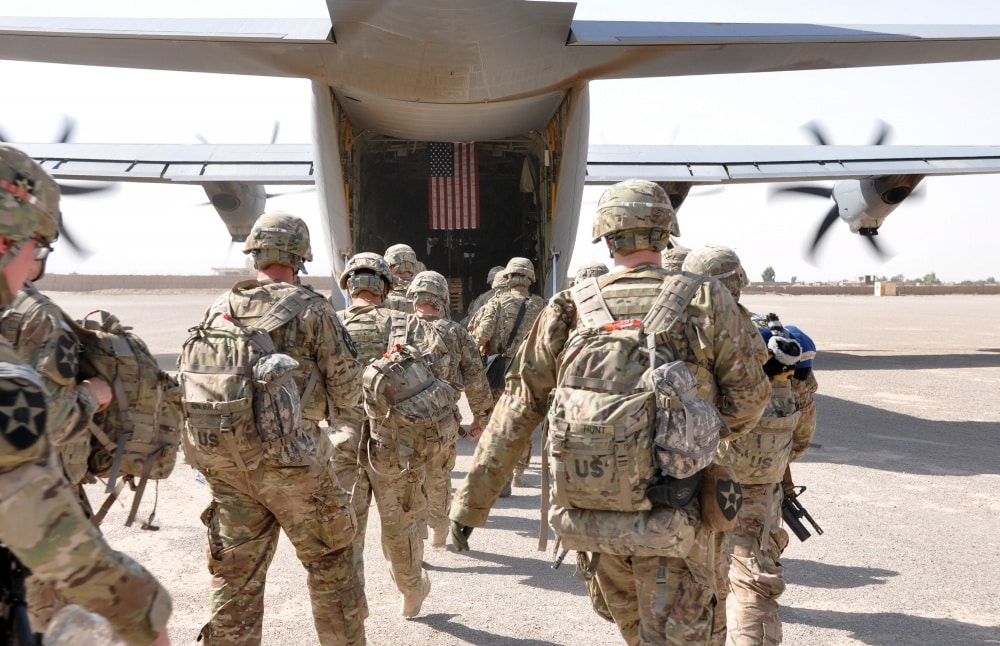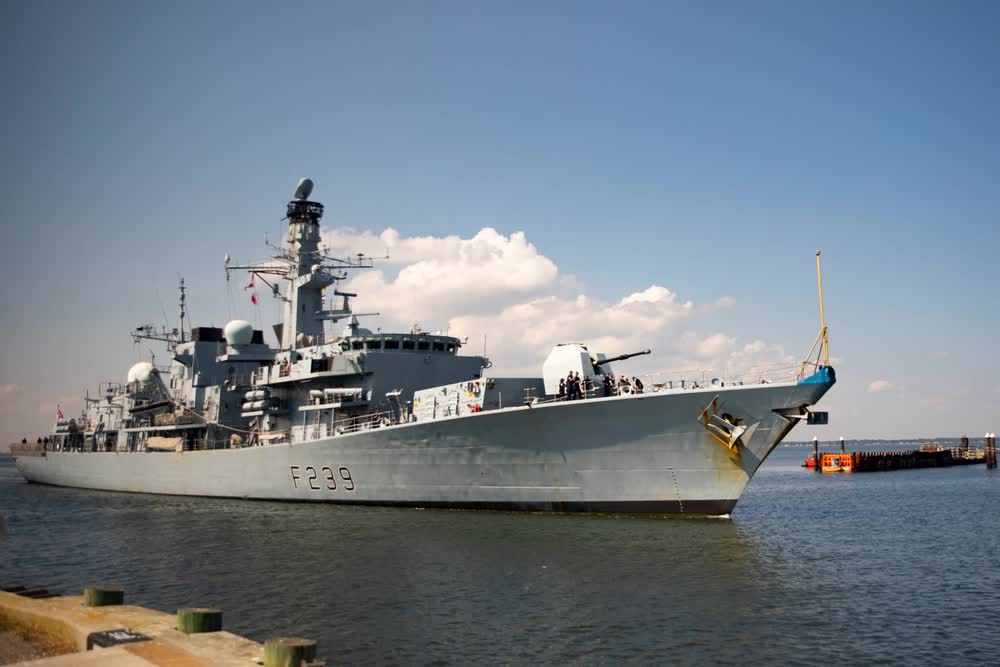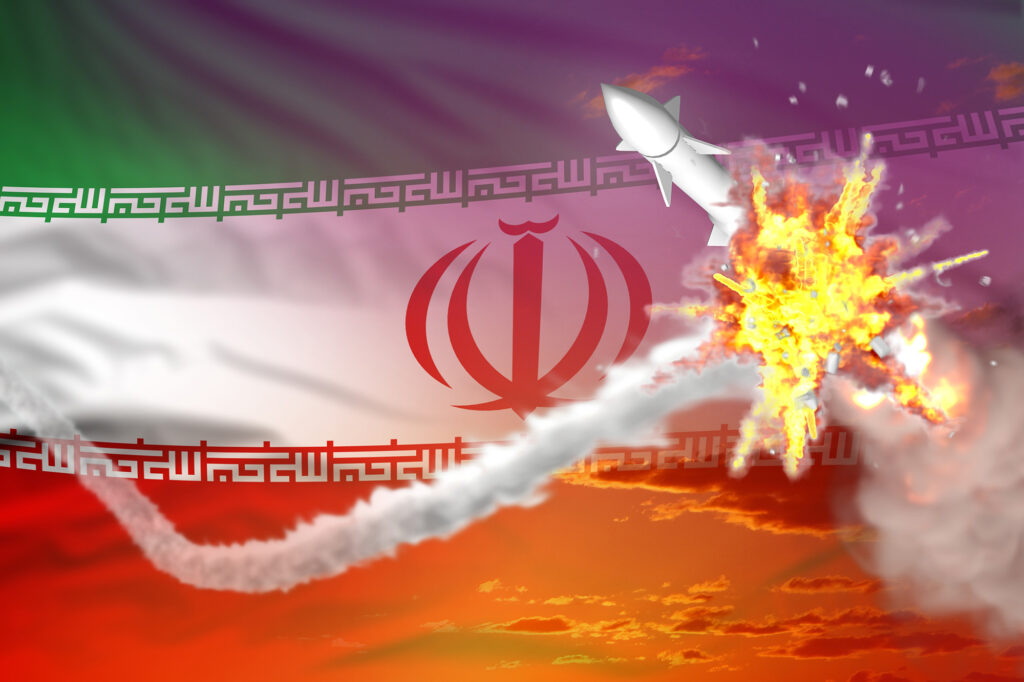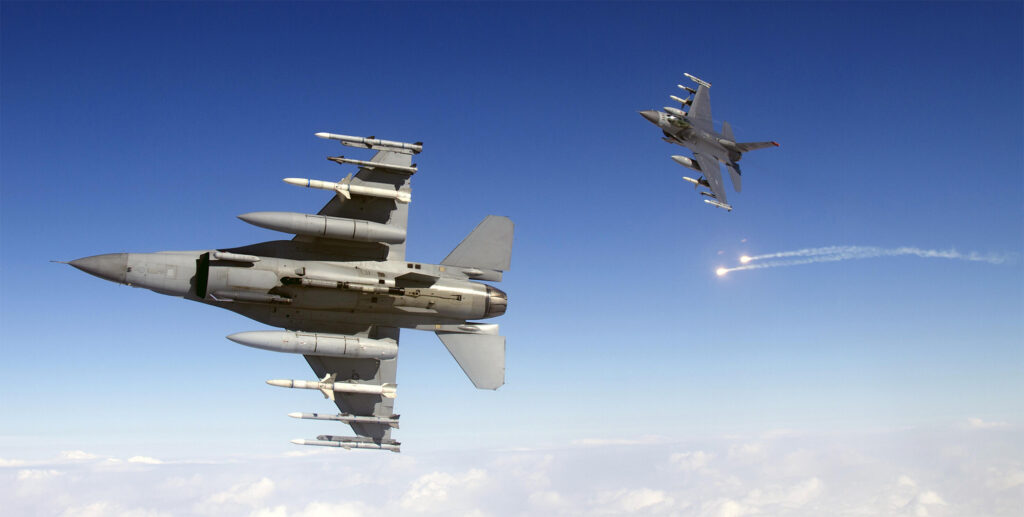This article by Nolan Peterson was originally published by Coffee or Die.
With the US withdrawal from Afghanistan more than 90% complete and on track for the Sept. 11 deadline, both Russia and Iran are positioning themselves as regional power brokers, looking to fill the void left in the wake of America’s departure.
Iranian officials hosted high-level peace talks between the Taliban and Kabul this week in Tehran. And on Wednesday, Moscow pledged assistance to Tajikistan, a post-Soviet country bracing for a flood of refugees from neighboring Afghanistan.
“We are closely watching what is happening in Afghanistan where the situation has a tendency to swiftly deteriorate, including against the backdrop of the hasty exit of American and other NATO troops,” Russian Foreign Minister Sergei Lavrov said Wednesday in Tajikistan.
“Iran is ready to help in the process of dialog between different factions in order to resolve the current conflicts and crises in Afghanistan,” Iranian Foreign Minister Javad Zarif said about this week’s Afghanistan peace negotiations, according to Iran’s semi-official Tasnim News Agency.
Afghanistan shares its borders with Iran, Pakistan, China, and the three post-Soviet countries of Turkmenistan, Tajikistan, and Uzbekistan. Thus, apart from counterterrorism and counterinsurgency operations, the US-led NATO war in Afghanistan also provided Washington a land platform from which to project power across Central Asia.
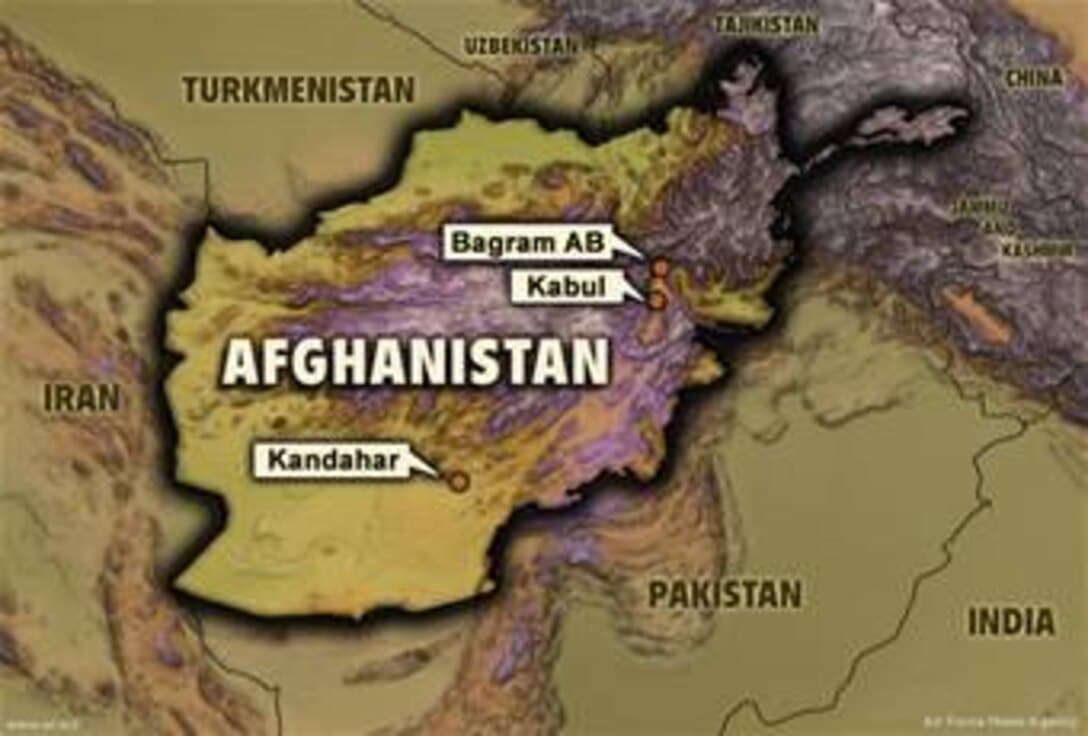
The Taliban continues to make gains on Kabul’s armed forces as the US-led NATO war effort in Afghanistan draws to a close. Amid that backdrop, the recent diplomatic moves by Tehran and Moscow could be the bellwether for a sea change in Central Asia’s military balance of power. Apart from the potential collapse of the Kabul government, some experts warn that by leaving Afghanistan altogether, Washington could cede to its adversaries America’s hard-earned geopolitical sway over the Central Asian region.
“Iran and Russia are looking out for themselves. They have always had friends in and outside of the Afghan government,” said Joseph Collins, a retired Army colonel who served as deputy assistant secretary of defense for stability operations from 2001 to 2004.
“Iran in particular has had a three-pronged policy: helping Afghan authorities in the West, supporting the government with cash, and supporting the Taliban, whom they previously hated,” Collins told Coffee or Die Magazine. “Both Russia and Iran are playing all sides to maintain their influence, no matter what happens.”

RELATED: AFGHANISTAN AND US ‘OVER THE HORIZON’ CAPABILITY
The fallout over the Taliban’s recent advances in Afghanistan has already sent destabilizing shock waves across the region. Above all, neighboring countries are bracing for a surge of refugees.
According to regional news reports, about two-thirds of Tajikistan’s roughly 850-mile-long border with Afghanistan is currently under Taliban control. After some 1,000 Afghan troops fled into Tajikistan this week, President Emomali Rahmon mobilized 20,000 troops to guard his country’s Afghan border.
Tajikistan formally requested support from the Russia-dominated Collective Security Treaty Organization on Wednesday.
During a Wednesday meeting with Rahmon, Lavrov pledged Russian aid for Tajikistan. That assistance potentially includes the use of a Russian military base on Tajikistan’s border with Afghanistan.
“The Kremlin will likely take advantage of instability around Afghanistan to increase its military presence in neighboring states,” Mason Clark, lead Russia analyst at the Institute for the Study of War, told Coffee or Die.
“The Kremlin will likely expand its presence in Tajikistan, Russia’s only formal military base abroad, and potentially secure new bases in Uzbekistan or Tajikistan,” Clark said. “However, the Kremlin does not want to shoulder the cost of taking over as a security guarantor, and the Russian military will likely seek to mitigate potential jihadist threats to Russia while avoiding a costly investment.”

Iran, for its part, already has some 3 million Afghan refugees living in its territory — a number that could spike if the situation in Afghanistan devolves into all-out civil war. Zarif, Iran’s foreign minister, has already warned about the consequences for his country should the US withdrawal from Afghanistan result in a destabilizing power “vacuum.”
“That is a recipe for a new war in Afghanistan and we in the region cannot tolerate, with 3 million Afghan refugees in Iran, we cannot bear more burden,” Zarif said in April during a virtual symposium with Afghan and Indian officials.
Russia initially assisted the US war effort in Afghanistan, providing valuable intelligence as well as help in securing basing rights in Uzbekistan and Kyrgyzstan — both former Soviet states. In 2015, however, Russia began to publicly offer support for the Taliban. The Kremlin said this rapprochement was part of a broader effort of degrading the influence of the Islamic State group, or ISIS, in Afghanistan.
In December 2015, according to an Agence France-Presse report, Russian President Vladimir Putin’s special representative to Afghanistan, Zamir Kabulov, said: “Taliban interests objectively coincide with ours. Both the Afghan and the Pakistani Taliban have said they don’t recognize ISIS and they don’t recognize the ISIS leader al-Baghdadi as the caliph; that is very important. We have communication channels with the Taliban to exchange information.”
Russia went so far as to host its own Afghan war peace conferences, including one in April 2017, which included representatives from China, Pakistan, Iran, India, Afghanistan, and other Central Asian countries. The US did not attend.
Read more from Sandboxx News:
- Violence flares in Afghanistan following Eid cease-fire
- Air Force troops receive Bronze Star for fighting COVID-19 in Afghanistan
- Air Commando recognized for bravery during ‘apocalyptic’ explosion in Afghanistan
- Special Operators receive Silver Stars for valor in Afghanistan
- US to evacuate Afghan interpreters ahead of troop withdrawal
Feature image: US Navy photo by Lt. Chad A. Dulac
